This website uses cookies to ensure you get the best experience on our website.
- Table of Contents
2 Citations 1 Q&As
1 Citations 4 Q&As
3 Citations
Facts about Protein kinase C beta type.

Mediates the activation of the canonical NF-kappa-B pathway (NFKB1) by direct phosphorylation of CARD11/CARMA1 at'Ser-559','Ser-644' and'Ser-652'. Phosphorylation induces CARD11/CARMA1 association with lipid rafts and recruiting of the BCL10-MALT1 complex in addition to MAP3K7/TAK1, which then activates IKK complex, leading to nuclear translocation and activation of NFKB1.
| Human | |
|---|---|
| Gene Name: | PRKCB |
| Uniprot: | P05771 |
| Entrez: | 5579 |
| Belongs to: |
|---|
| protein kinase superfamily |

EC 2.7.11; EC 2.7.11.13; MGC41878; PKC-B; PKC-beta; PKCBPRKCB2; PRKCB1protein kinase C beta 1; protein kinase C beta type; protein kinase C, beta 1 polypeptide; protein kinase C, beta 1; protein kinase C, beta
Mass (kDA):
76.869 kDA
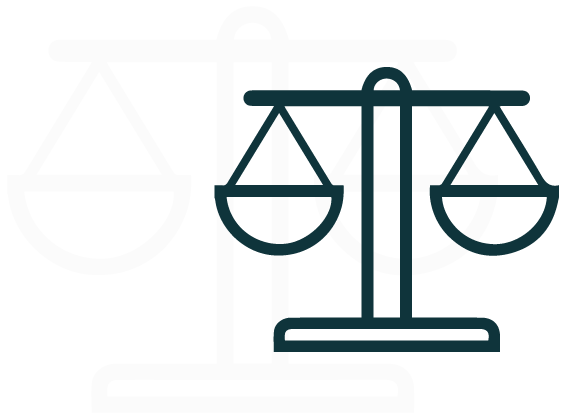
| Human | |
|---|---|
| Location: | 16p12.2-p12.1 |
| Sequence: | 16; NC_000016.10 (23835983..24220611) |
Cytoplasm. Nucleus. Membrane; Peripheral membrane protein.
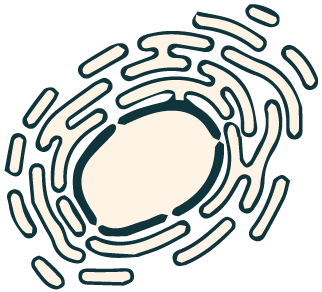


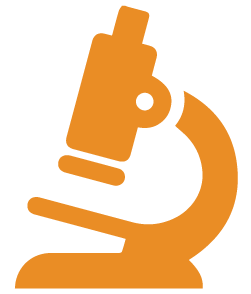

PMID: 3755548 by Coussens L., et al. Multiple, distinct forms of bovine and human protein kinase C suggest diversity in cellular signaling pathways.
PMID: 3666134 by Kubo K., et al. Primary structures of human protein kinase C beta I and beta II differ only in their C-terminal sequences.
*More publications can be found for each product on its corresponding product page